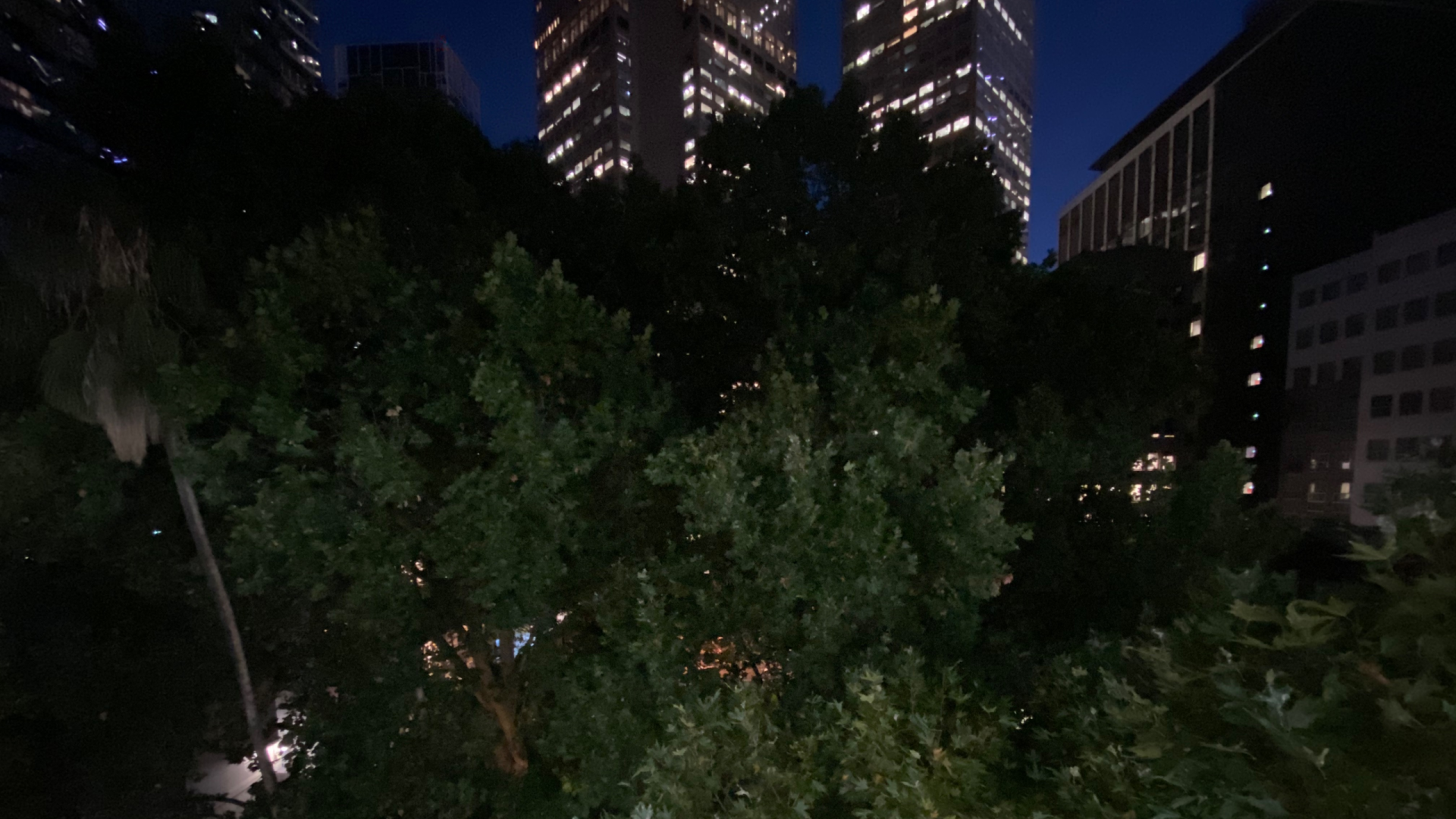The Post-Pandemic Anthropocene Past Event
Presented by 2022 Politics and Utopia in Architecture Series, presented by Associate Professors Dr Rochus Hinkel and Dr Peter Raisbeck, Melbourne School of Design
Tickets
Date
6:00 pm – 7:30 pm
Venue

The Post-Pandemic Anthropocene Past Event
Presented by 2022 Politics and Utopia in Architecture Series, presented by Associate Professors Dr Rochus Hinkel and Dr Peter Raisbeck, Melbourne School of Design
The Anthropocene has come to be quickly adopted as a term to describe a new geological epoch of the earth that is entirely dominated by humans. The Anthropocene presupposes the idea that nature and human society are inextricably entwined.
This panel will bring together a diverse group of climate scientists, epidemiologists, urban theorists, designers, and artists. We will pose to the panel the proposition that the COVID-19 virus is the ultimate entanglement of humans and nature. We will then pursue the following questions: After the global pandemic how has our knowledge of the Anthropocene changed? What do our experiences of the pandemic now tell us about remaking the Anthropocene through design and spatial practices? Is it just a matter of designing with new technological fixes for our cities, buildings and spaces?
This panel will thus explore how the pandemic has changed our views on post- pandemic design theory and practice. Has the pandemic enabled us to see more clearly our own hubris and enable us to speak for the future of the earth.
Participants
Melanie’s research investigates how to plan healthy and resilient cities, and the use of indicators to monitor and inform policy. She works at the interface of the public health and urban planning fields, highlighting the co-benefits that can be achieved for human health, sustainable development, liveability and urban resilience. Melanie works collaboratively with researchers and policymakers across a range of disciplines. In her current role, she is part of a partnership with the City of Melbourne to co-design research to enhance the resilience of the city. Her research has been included in local, state and federal planning and public health policy in Australia.
Dr Felson’s primary research focus is on integrating global policy for sustainable development, climate change and ocean through new or improved financial frameworks and governance structures.
Prior to joining MSSI, Janine served as a senior diplomat in the foreign service of the Government of Belize. She started her diplomatic career in 1998 as the first legal counsel in the Ministry of Foreign Affairs. She worked extensively on international legal matters including the World Trade Organization Banana Dispute, the Belize-Guatemala territorial differendum, the 2030 Agenda for Sustainable Development, the Paris Agreement, and the United Nations Convention on the Law of the Sea.
_/\_is a sculptor creating transdisciplinary process-driven installations activated by performance (IAP) that are informed by learning from Indigenous Knowledge, the trickster, nurturing through collaboration, quantum physics, the queer ecologies of lightning, philosophy and looking back to find a path forward for expanded, inclusive social change.
Simon is a Birriah | Gurreng Gurreng Murri working across documentary, corporate video and other commissioned content for several years including freelance writing, producing and directing. Simon was the Indigenous directors attachment to ABC TVs ‘Miss Fisher’s Murder Mysteries’ 2011-12, completed a factual research internship with Blackfella Films Melbourne 2015-16, was a participant in Screen Australias’ National Indigenous Producing initiative 2016 and directed the NITV commissioned film: ‘Our Stories, Maree Clarke Cultural Warrior’ 2018. In 2019 Simon started his own freelance Indigenous media production service: ‘the Great Aboriginal People’ based in Melbourne.
Dr Rochus Hinkel and Dr Peter Raisbeck explore the pressing issues of our times, from social injustice to overconsumption, from climate change to the effects of capitalism through the conversation series Politics and Utopia in Architecture. Together with ethnographers, environmentalists, indigenous elders, activists, architects, historians and philosophers, they reflect on learnings and lessons for architects and designers, and as citizens of a globalised world. Conversations so far include Indigenous Knowledge System, Learning from the Anthropocene, Shaping Future Societies or Indigenizing the Architectural Curriculum. Conversations took place at the Melbourne Design Week, the National Gallery of Victoria, the Sustainability Science Conference in Helsinki, as well as online.